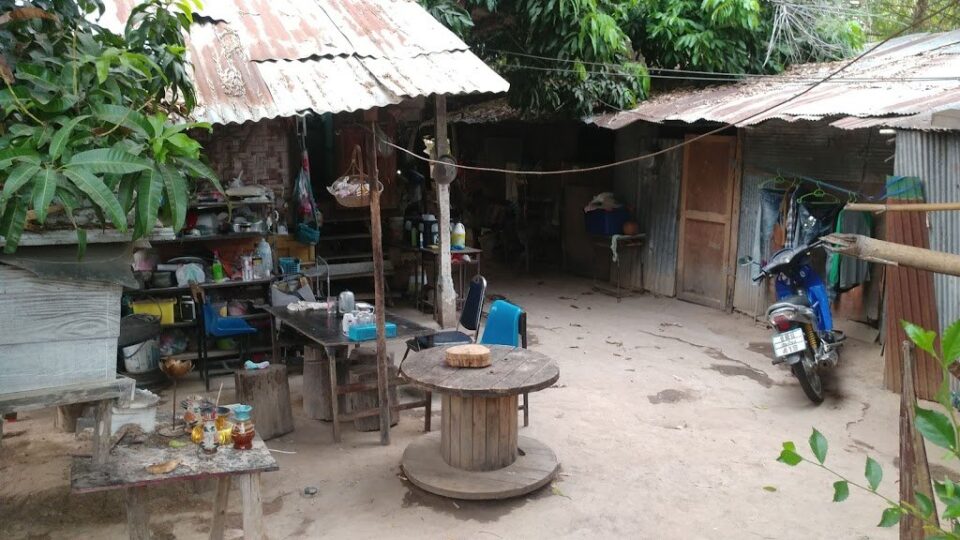According to a recent study, the average monthly income for severely low-income households with school-aged children in Thailand is 1,039 baht, or 34 baht per day in 2023. This indicates that the educational prospects for Thai children from impoverished homes are declining.
According to Kraiyos Patrawart, general director of the Equitable Education Fund (EEF), which carried out the study, this rate is far lower than the wages of impoverished households under the international poverty threshold of US$ 2.15, or around 80 baht per day.
He continued by saying that this figure represents a decrease from the Covid-19 pandemic-precursor 2019 numbers, which showed that the lowest-income Thai households with children in school were making 1,250 baht a month.
After COVID-19, low-income Thai households made as little as 34 baht per day.
“The post-pandemic Thai economy has not yet fully recovered across all sectors, and inflation remains high,” he stated. “Thai children’s educational inequality has accelerated due to these factors.”
He claimed that because they have little to no money set aside for food and transportation, kids from low-income households already struggle to get to school.
He warned that “without help from the authorities, these kids could become a lost generation, unable to get a good education and miss the chance to reach their full potential.”
With the 13th National Economic and Social Development Plan (2023–2027) approaching its deadline and Thailand potentially missing the Sustainable Development Goals (SDG), Kraiyos emphasized that the government must move quickly to reduce educational inequality and develop human capital.
He stated, “Investing in human development is also essential to long-term economic growth.” “Members of low-income families could maximize their earnings and become middle- to high-income earners with the aid of proper education, contributing more to the nation’s tax base and its economic stability.”
Kraiyos quoted Unesco’s estimate that if Thailand could eradicate educational inequality, the country’s GDP might increase by as much as 3%.
Over 1.24 million students from extremely low-income families have received scholarships from EEF so far in 2023; however, the organization projects that this number may reach 1.8 million students.
Kraiyos stated that in 2020, there were significantly fewer than one million extremely impoverished students in Thailand.
“These children are still having difficulty staying in school despite the government’s 15-year free education scheme due to family expenses, no food and transportation allowance, lack of homes, or having to move due to parents’ jobs,” he continued.




